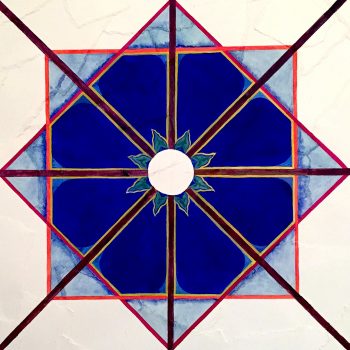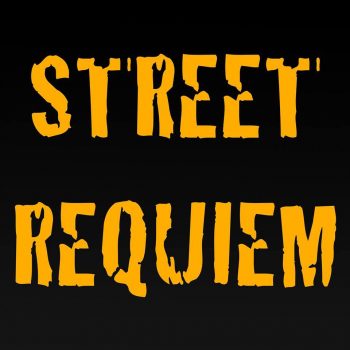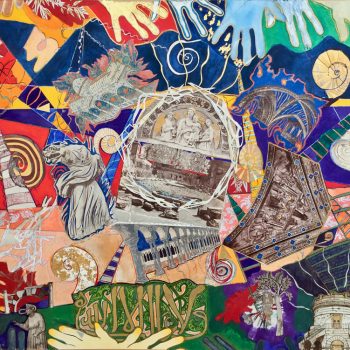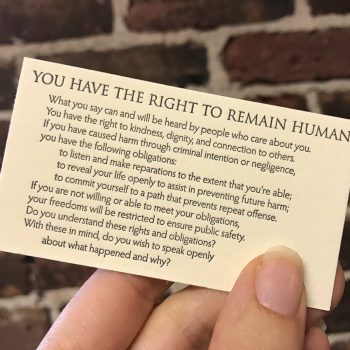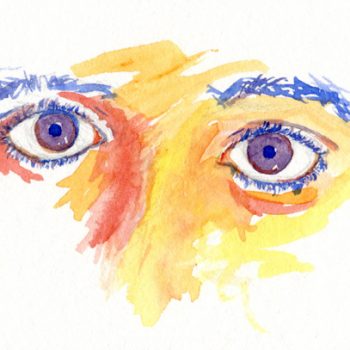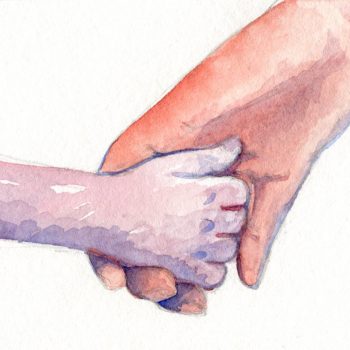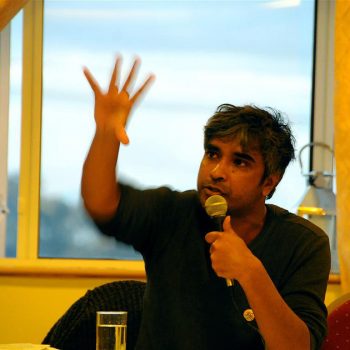Take a Breath

Are you in a courtroom? an office? On the street? At your kid’s sports practice? In a classroom? Here is a meditation that can be folded into an active day, or used during time set aside for meditation. Observe the people around you and imagine how they might be breathing, how their breath sounds and feels to them right now. For each breath you take, rest your eyes on a different person, and imagine you are taking a breath with them. Notice how the air smells and feels, be present to the sounds that accompany the breath. Gradually move outward in your thoughts to imagine people who are outside of where you are. If you are sitting alone, you would start this meditation at this stage. There may be a park nearby. There could be parents, nannies, and children on the playground. Imagine a young child who is being pushed… Continue reading
